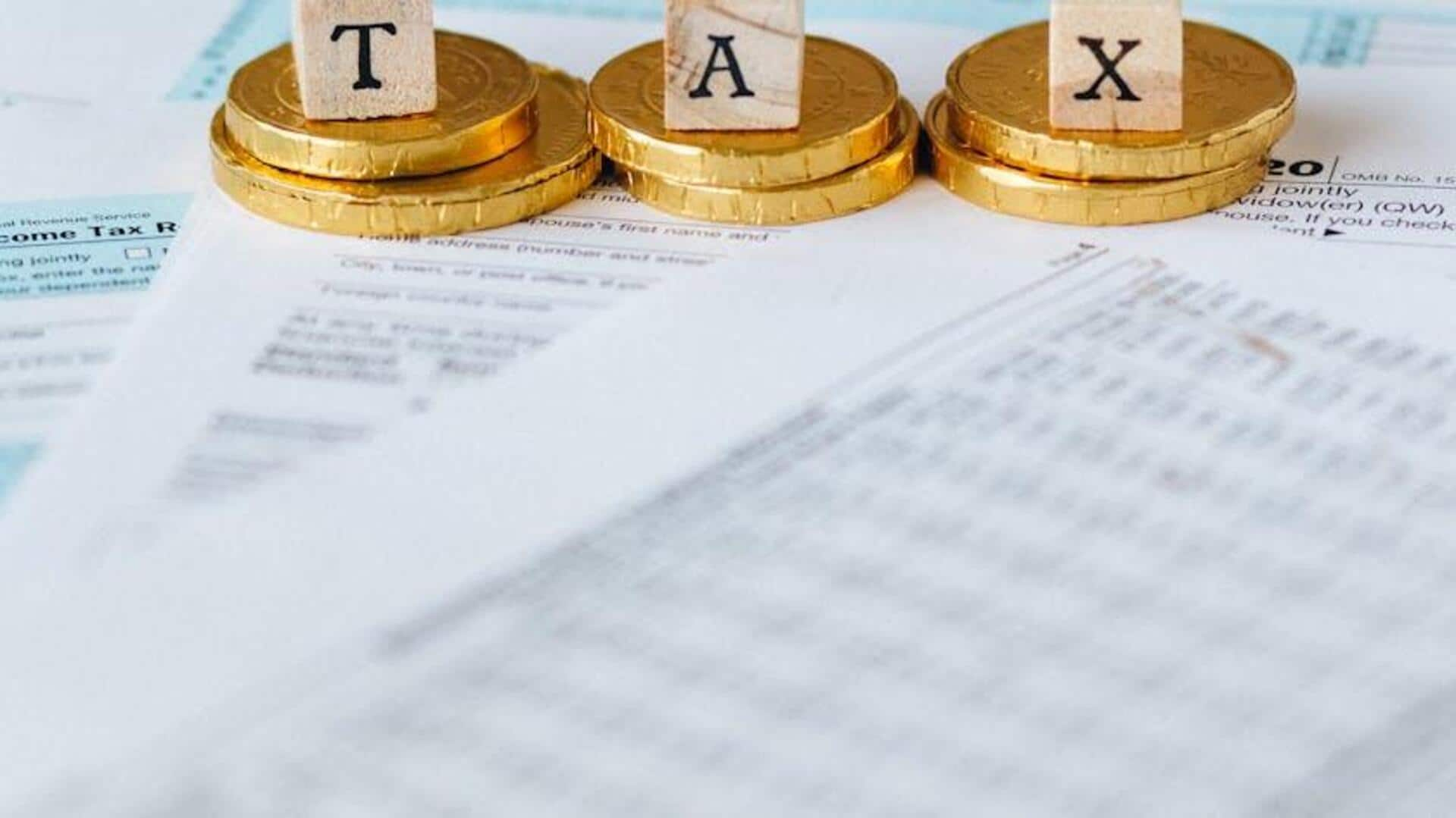
What triggers a 'tax audit'? Top reasons how to avoid
What's the story
Income tax audits are thorough examinations of an individual's or a company's financial records by the Indian government to confirm compliance with the Income Tax Act, 1961.
These audits are carried out to validate the correctness of income disclosures, deductions availed, and taxes remitted.
Comprehending these regulations is crucial for taxpayers to fulfill their legal obligations and avert potential penalties.
Eligibility
Who needs an income tax audit?
Individuals whose business turnover exceeds ₹10 crores or professional gross receipts exceed ₹50 lakhs in any previous year are subject to income tax audit.
Taxpayers who opt for presumptive taxation under sections 44AD, 44ADA, or 44AE and subsequently declare profits below the stipulated limits or have income exceeding the basic exemption limit, are also required to undergo an audit.
Sections overview
Key sections governing tax audits
The key sections of the Income Tax Act pertaining to tax audits are Section 44AB, which stipulates the audit requirements;
Section 44AD, pertaining to presumptive taxation for businesses;
Section 44ADA for professionals; and
Section 44AE for individuals involved in businesses such as plying, hiring, or leasing goods carriages.
These sections determine who needs to get audited based on turnover and profits.
Documentation
Documentation required for audit
To ensure a smooth audit process, you need to keep comprehensive records.
These include books of account such as ledgers and journals, sales and purchase invoices, bank statements, expense vouchers, and any other documents that substantiate entries in the books of account.
And, in this age of technology, digital records have become increasingly important. They are now a crucial part of audit documentation.
Penalties
Consequences of non-compliance
Not adhering to the tax audit requirements can result in hefty penalties under Section 271B of the Income Tax Act.
If a taxpayer fails to get the required audit done by the due date (typically September 30 of the assessment year), they may be penalized with 0.5% of the total sales or gross receipts, or ₹1 lakh—whichever is lower.